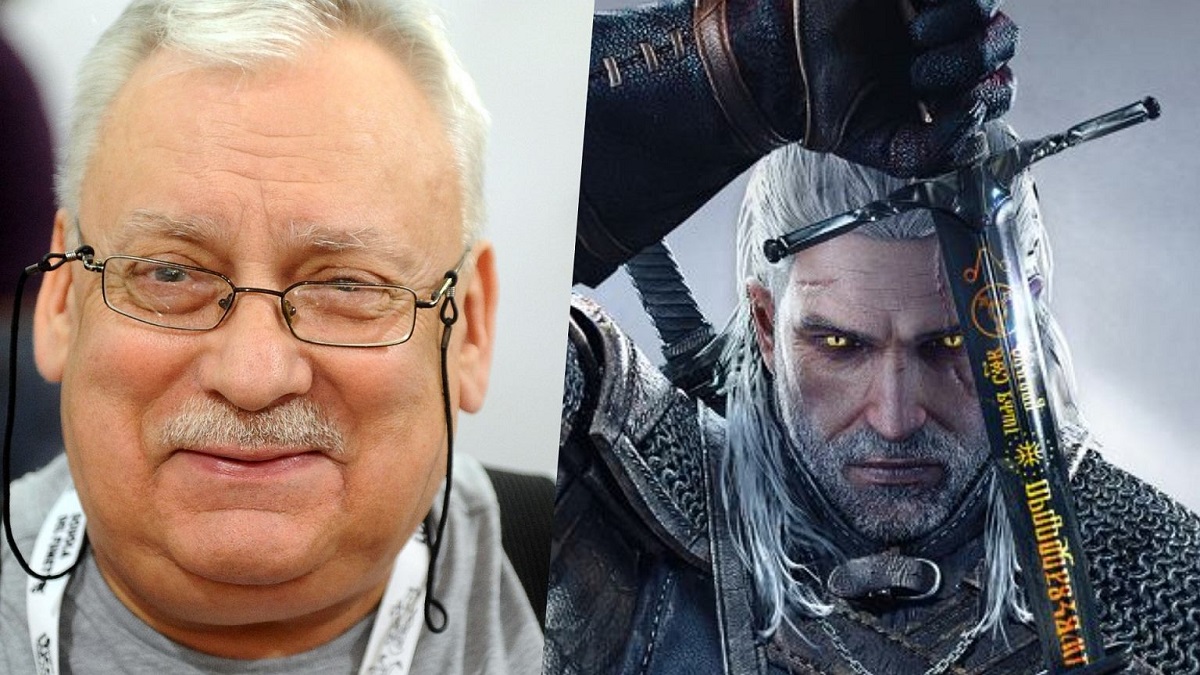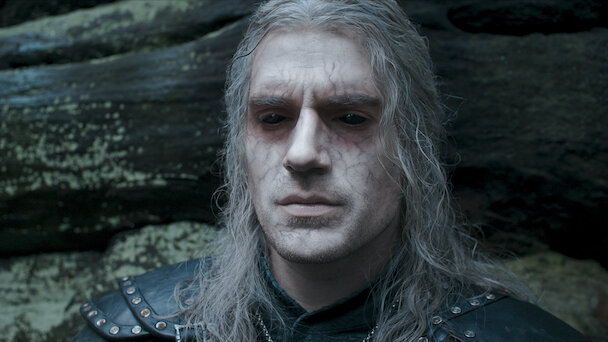Book Review: The Witcher by Andrzej Sapkowski - A Deep Dive into Plot, Characters, and Themes
Andrzej Sapkowski’s The Witcher series has captivated readers worldwide with its intricate storytelling, rich world-building, and complex characters. First published in the 1980s, the series has gained immense popularity, inspiring video games, a hit Netflix series, and even comic adaptations. In this review, we’ll explore the plot, delve into the key characters, and examine the themes that make The Witcher a compelling read.

Plot Overview: A World of Monsters and Moral Ambiguity
The Witcher is set in a dark, medieval-inspired fantasy world filled with monsters, magic, and moral dilemmas. The series primarily follows Geralt of Rivia, a monster hunter known as a Witcher. Through a series of interconnected short stories and novels, readers are drawn into Geralt’s adventures as he navigates a world where the line between good and evil is often blurred.
The overarching narrative centers on Geralt’s struggles against various creatures—werewolves, elves, and sorcerers—while he grapples with his own identity and the consequences of his choices. The stories blend elements of folklore, mythology, and ethical quandaries, presenting a world where humans can be just as monstrous as the beasts Geralt hunts.
Character Analysis: Depth and Complexity
Geralt of Rivia
Geralt is the series' protagonist, characterized by his white hair, cat-like eyes, and a strong moral compass despite his profession. He embodies the archetype of the reluctant hero, often facing the consequences of decisions made by others. His internal struggles—balancing his Witcher duties with his desire for a more meaningful life—make him a relatable and multidimensional character.
Yennefer of Vengerberg
Yennefer is a powerful sorceress with a tumultuous relationship with Geralt. Her fierce independence and complexity add depth to the narrative. As someone who has faced societal rejection and personal challenges, Yennefer represents the struggles of women in a patriarchal world. Her relationship with Geralt is marked by passion, conflict, and an exploration of love’s many forms.
Dandelion (Jaskier)
Geralt’s loyal friend and bard, Dandelion, provides comic relief and emotional depth. His songs and stories often highlight the absurdity of the world around them, offering a counterbalance to the darker themes of the series. Dandelion’s optimism and charm make him a beloved character, showcasing the power of friendship amidst chaos.
Themes: Exploring Humanity, Choice, and Destiny
Moral Ambiguity
One of the most compelling aspects of The Witcher is its exploration of moral ambiguity. Characters are often faced with difficult choices that challenge conventional notions of good and evil. Geralt’s mantra, “The world is not a fairytale,” underscores the idea that morality is complex and context-dependent.
Identity and Humanity
The theme of identity is central to Geralt’s journey. As a Witcher, he grapples with his humanity, often viewed as an outsider by society. His struggles reflect broader questions about what it means to be human and the societal roles imposed on individuals. This theme is mirrored in the experiences of other characters, such as Yennefer and the non-human races, who face discrimination and struggle for acceptance.

Love and Relationships
The relationships in The Witcher are intricate and multifaceted. Geralt’s connections with Yennefer, Dandelion, and even various creatures explore different facets of love—romantic, platonic, and familial. These relationships serve to highlight the importance of connection in a world fraught with danger and uncertainty.
Writing Style and World-Building
Sapkowski’s writing style is rich and evocative, blending humor with poignant moments. His use of dialogue brings characters to life, making their interactions feel authentic and relatable. The world-building is extensive, drawing on Slavic mythology and folklore to create a vibrant and immersive setting. Readers will find themselves lost in the political intrigues, cultural nuances, and diverse landscapes that define this universe.
Conclusion: A Timeless Tale
The Witcher by Andrzej Sapkowski is more than just a fantasy series; it’s a profound exploration of the human experience. Through Geralt’s adventures, readers are invited to reflect on morality, identity, and the complexities of love. With its engaging characters, rich themes, and masterful storytelling, The Witcher remains a cornerstone of modern fantasy literature. Whether you’re a longtime fan or a newcomer to the genre, this series offers a journey worth taking—a dive into a world where every choice carries weight, and every character tells a story.












